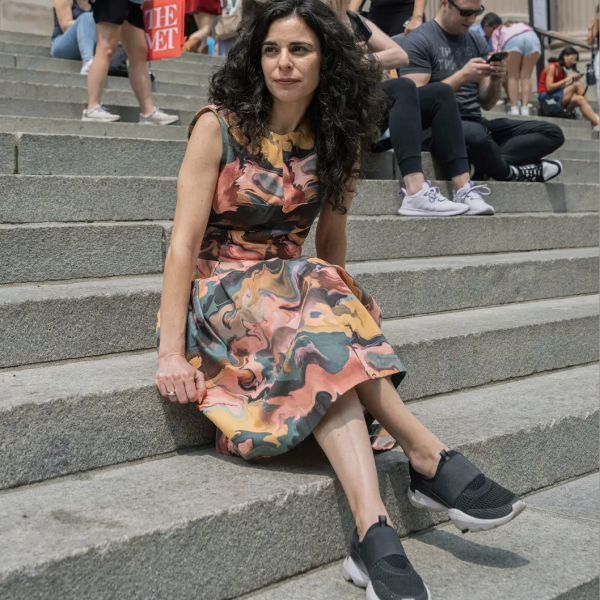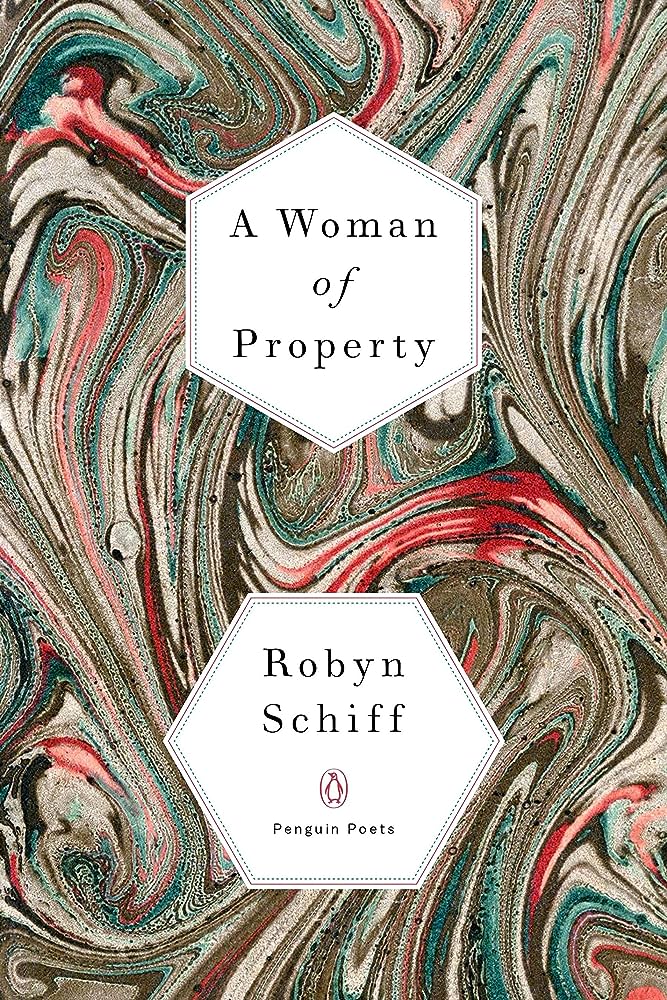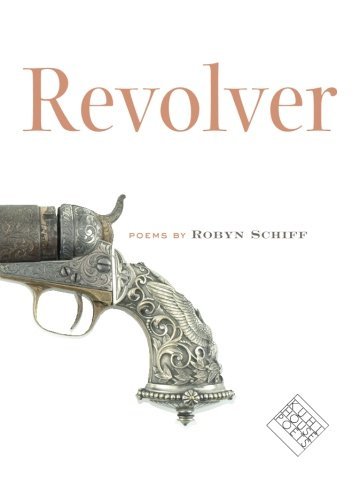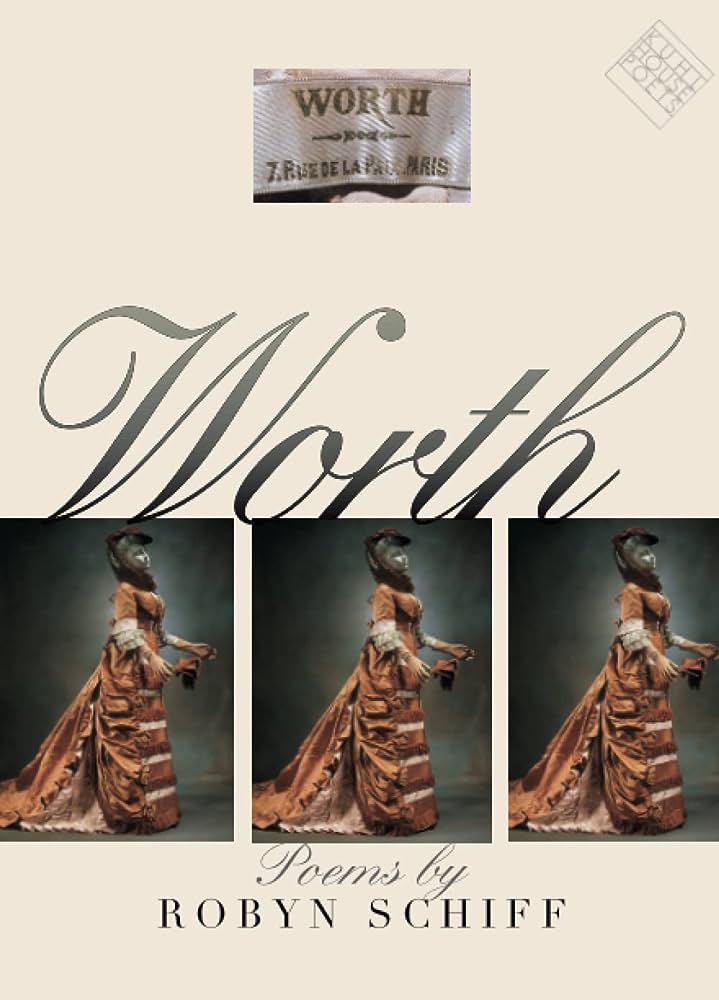
Synopsis
I am the author of four books of poetry and am an editor at Canarium Books, a distinguished small press of extraordinary poetry. Both in the classroom and in my Directorship, I strive to motivate creative life beyond coursework, inspiring students to sustain the thrill of their craft and the fulfillment of literary community long after graduation.
Writing Profile
My most recent book, Information Desk: An Epic (2023) is situated at the Metropolitan Museum of Art, where I worked at the information desk in my young adulthood. The compositional mode is simultaneously formal (counted in syllabic stanzas) and structurally improvisational and peripatetic as it wanders in and out of the museum through history, material, and memory, contemplating the physical properties of artwork and the lives of artists, staff, and visitors, as well as the insect life that thrives on and in art objects. Like the museum itself, comprised of various overlapping timeframes that give visitors a simultaneous sense of stasis and momentum, immediate presence and the sublime undertow of the everlasting, Information Desk shifts between lyric time and narrative time, the present tense and memory, to contemplate the spiritual and material significance of time’s passage.
My previous collection, A Woman of Property (2016), takes urgent, imperiled domesticity as its subject matter. Writing for The New Yorker, Dan Chiasson compared the book’s attentive, unsettling poems “of almost forensic specificity” to Hitchcock’s atmospherics: “Schiff’s poems, with their Hitchcock-like distrust of appearances, their alertness to hidden binds and snares, offer something few poets ever discover: a vision of the whole world.” My earlier books, Worth (2002) and Revolver (2008) set the stage for the development of my interest in history, ekphrasis, and syllabics, and together with the deeply personal subject matter I attended to in A Woman of Property, prepared me for the undertaking of Information Desk: An Epic.
Additionally, my longtime editorship at Canarium Books, a distinguished small press dedicated to the publication of poetry, has brought me profound fulfillment in the literary community, and it has been moving both to shepherd books of extraordinary literary merit into the world, and to model this ethic to my students.
Work With Students
The principles that guide me as a poet—curious, compassionate openness to possibility, coupled with intense focus on the particulars of the poem on the desk— also steer my teaching practice. When I am teaching, as when I am writing, heightened close reading and heightened close making meet the potential for unexpected discovery every time out. In all of my courses I seek to awaken driven, committed attention to detail. This is nothing more and nothing less than thinking about how words simultaneously clock through sentences and lines at the same time, conjuring and dissolving images and creating and disrupting rhythms and patterns in syntax, texture, and tone. We read as a group from the literal level outward, starting with a discussion of syntax and form and using those concrete aspects of a poem's content to sweep outward toward the numinous and metaphysical. My workshops are mindful and active; we turn screws to the left and to the right. We are driven by “how” and “why” and more so by “why not try...” and “what if...” As a group of writers reading we are seeking to cross together through the experience of passive engagement with words into their ecstatic hum, where the opportunities presented by revision and the promise of the next poem to be written have mysterious possibilities. My sense of a successful workshop has everything to do with the hum of that possibility in the air as class lets out.




